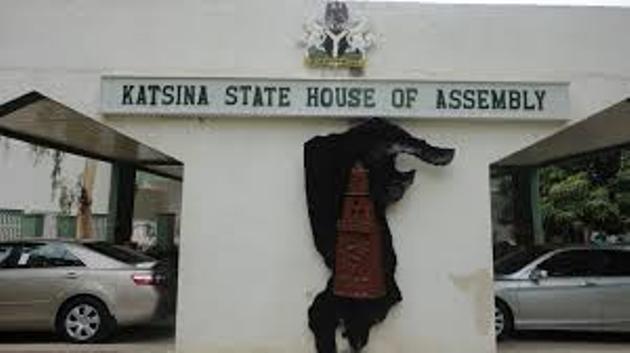Amid escalating violence in northern Nigeria, lawmakers in Katsina State have urgently called for reinforced security operations in regions beleaguered by bandit attacks. During a Monday plenary session led by Speaker Nasir Yahaya-Daura, the state assembly appealed to both local and national authorities to deploy additional forces to Matazu and Sabuwa, two districts witnessing a surge in kidnappings, killings, and mass displacement.
The motions, introduced by legislators Ibrahim Dikko (Matazu) and Ibrahim Machika (Sabuwa), highlighted the deepening crisis. Dikko described communities in Matazu where residents face near-daily threats, forcing many to abandon farms or flee their homes entirely. “The situation is deteriorating despite state efforts,” he said, stressing that federal intervention is now critical to prevent wider destabilization.
Machika raised alarms over an abrupt pullout of security personnel from Sabuwa, leaving villages vulnerable to raids. He cited Tashar Bawa and other high-risk zones where, he argued, the absence of troops has emboldened armed groups. “This pattern fuels more violence—families are abducted, livelihoods destroyed, and hope diminishes,” he told the assembly.
The appeals garnered support from lawmakers representing seven additional constituencies, including Funtua and Dandume, where similar security challenges persist. Collectively, they urged tighter coordination between state and federal agencies to halt the bloodshed.
Following deliberations, Speaker Yahaya-Daura outlined three resolutions: immediate reinforcement of security in conflict hotspots, an investigation into reported troop withdrawals, and enhanced collaboration between law enforcement bodies. The assembly also pressed authorities to address humanitarian fallout, such as disrupted farming—a lifeline for the agrarian region—and to accelerate aid for displaced families.
Katsina, the home state of Nigerian President Bola Tinubu, lies in a northwest corridor increasingly plagued by banditry, with armed groups targeting villages, highways, and schools. Over 1,400 civilians were killed in the region between July 2022 and June 2023, according to the Armed Conflict Location & Event Data Project. While security operations have weakened some militant networks, critics argue inconsistent deployments and under-resourced forces undermine progress.
The assembly’s demands spotlight growing pressure on Nigerian leaders to stabilize the area ahead of the farming season, when attacks often spike. Failure to curb the violence risks worsening food insecurity in a country already grappling with inflation and climate-driven crop losses. For now, residents in Matazu and Sabuwa await action, clinging to fragile hopes of returning to their fields—and their lives.
